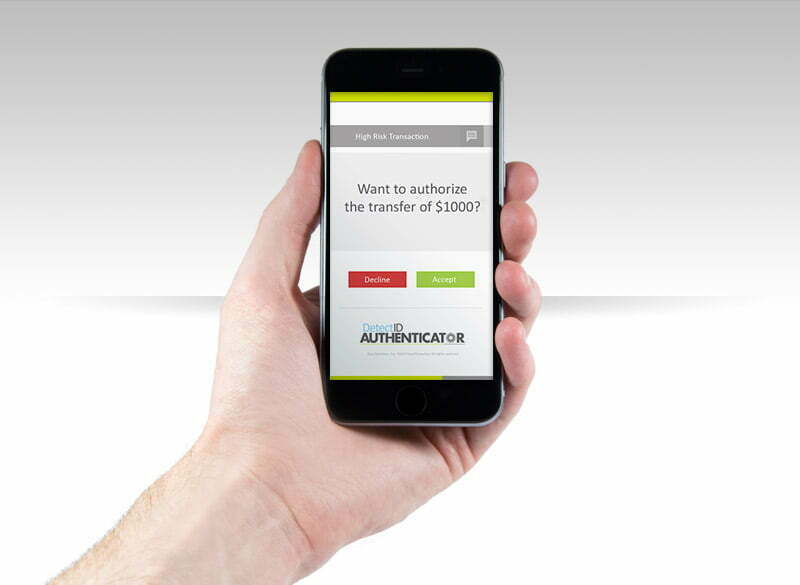“Welcome back, valued online client. We see you located a toaster into your purchasing cart. Do you need a blender too?” We all understand that advice-engine model online; however, it’s no longer sufficient for a store to recognize you’re a hot prospect for a blender. Additionally, the store has to be aware that it has blenders in inventory and within the same warehouse as the toaster. It may be in shape in the same container and exit via the equal express delivery order.
That’s where FICO comes in. FICO is pleasantly known as the purveyor of the FICO credit scoring machine. However, its biggest boom is coming from applying its scoring understanding to all styles of complicated enterprise choices—from which product to offer a consumer next to whether or not a given economic transaction is probably a fraud. With its superior analytics software, which is now available as a cloud-based totally service, FICO helps corporations weigh a myriad of factors to provide a score—and offer the ones insights in milliseconds.

FICO gives ratings and a software framework for making selections that allows enterprise leaders to apply their judgments and regulations in a more informed manner. “It’s up to them to apply the rating,” says Doug Clare, a 30-yr veteran of the company who’s presently FICO’s vice president of product advertising and marketing. “The score turns into a center enter in complicated selections that balance chance and praise.”
FICO, greater formally referred to as Fair Isaac Corporation, commenced in San Francisco in1956, when army veterans Bill Fair and Earl Isaac presented to assist agencies in the running greater correctly. When a huge store requested to assist in figuring out whether or not customers have been an amazing credit score risk, Fair and Isaac advanced their now-well-known credit-scoring model. Today, credit bureaus acquire information, FICO applies the version, and lenders use the rating to make credit-granting decisions.
With its mathematical acumen—and plenty of pc technological know-how centered on artificial intelligence and gadget gaining knowledge of—Fair Isaac has grown to provide plenty more. For example, FICO’s Falcon fraud detection software program is one of its largest companies. Banks deploy Falcon into actual-time fee streams along with credit playing cards, debit cards, and digital fund transfers to flag potential fraud.
“About nine,000 banks in the US can examine transactions in much less than a hundred milliseconds,” Clare says. “We study the transaction traits, the traits of the entities which are worried in the transaction, the cardholder, the store. We use that to look for anomalies and conduct styles indicative of fraud.”
Based on that statistics, FICO does what it does pleasant and computes a rating, in this example, a fraud hazard score, which banks use alongside other inputs and coverage parameters. “They determine whether they want to approve the transaction, decline the transaction, or someplace within the center,” he says. “That would possibly imply approving the transaction, however, then contacting the consumer to look if it was sincerely them who positioned the order.”
FICO’s store provides a control device that uses a merchant’s personal records approximately its clients, including buying records and its real-time inventory, to present merchandise a score for whether they have to be recommended online. FICO’s analytical sophistication way that the scoring algorithms can combine statistics from a number of the patron’s sources to recall elements, and inventory is positioned. So if the client selects same-day transport on a toaster, the store can provide something else in the same warehouse that can be shipped at an identical time. “Will everything healthy inside the same field, or do I need to package it two times? All those matters are things that assist shops in optimizing effects,” Clare says.
FICO’s fee is available to weigh many factors from multiple statistics streams to boil down to one score. “You need to apprehend what the client is doing proper now, and what the customer has done in the past, inclusive of both online and in-shop purchases,” Clare says. “We have the capability to tug these items collectively in a way where you collate online and offline history, in which you don’t make the client a proposal for something that they already purchased, or which for different reasons you already know they’re no longer going to buy. And you can use aspect in stock and delivery constraints to make the provision that works excellent for you and the customers.” It’s all about the score and the software program that computes the rating, primarily based on the merchant’s records and FICO’s analytics algorithms.
Customers Want Benefits, Not Software
Another detail that’s changing approximately Fair Isaac’s enterprise is the generation on which FICO programs run. Traditionally massive customers, including foremost banks, could license numerous programs and install them in their personal facts centers. Other customers rely upon carrier carriers that offer technical infrastructure for the bank again workplaces. Even though even very huge customers, including monetary institutions and shops, need to access FICO programs via a cloud service.























